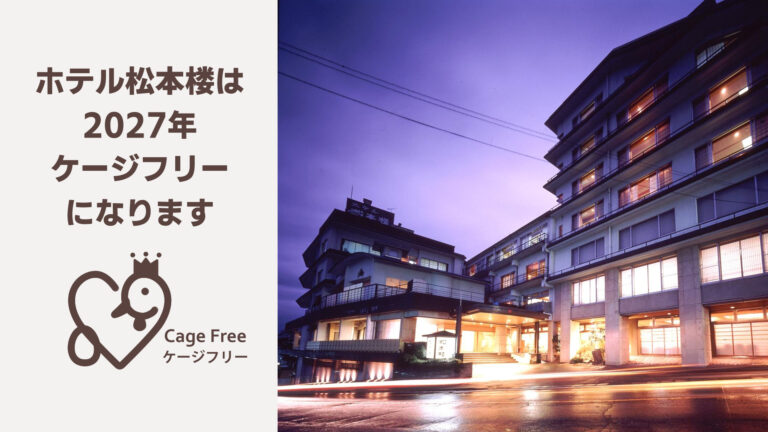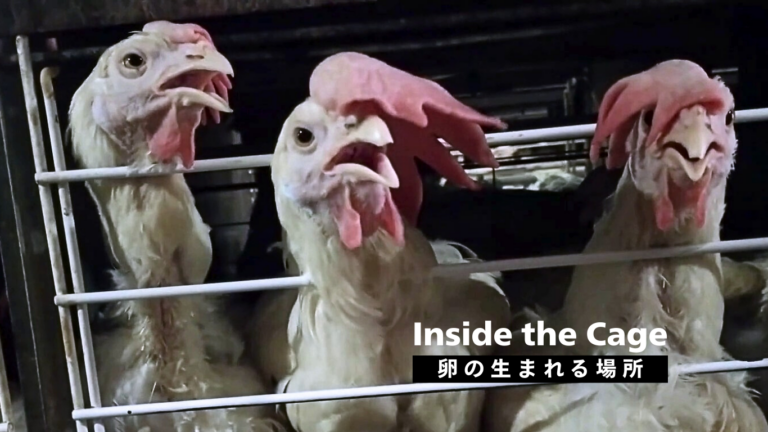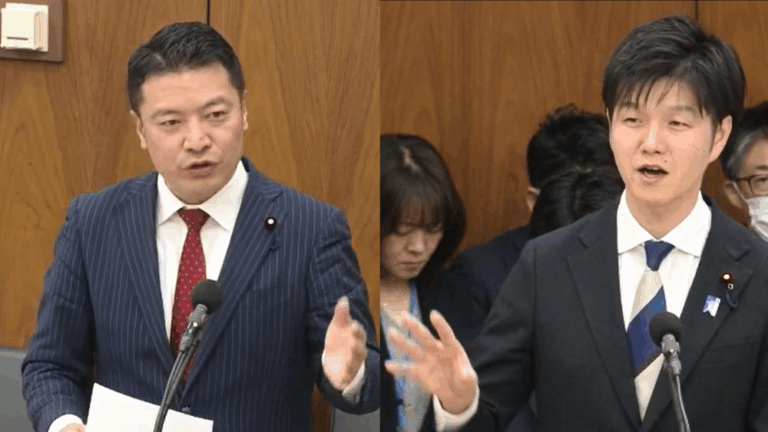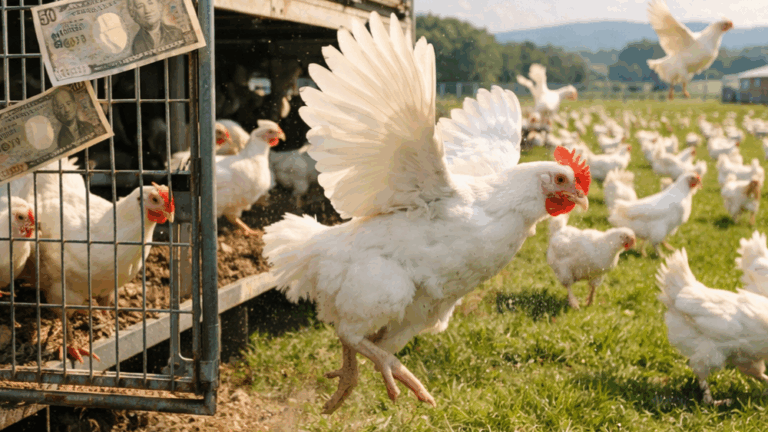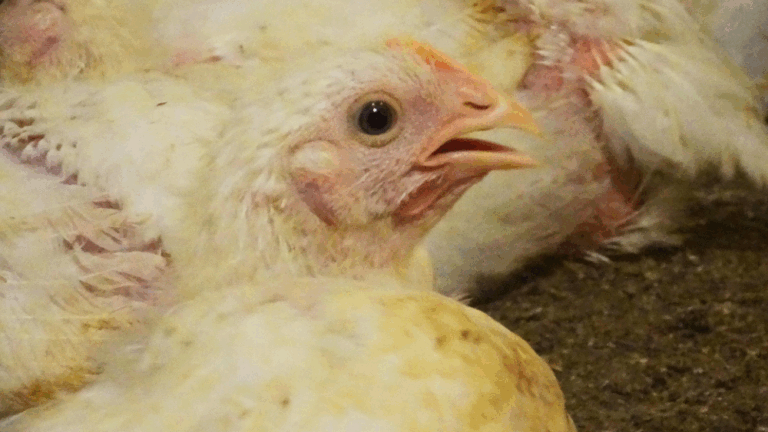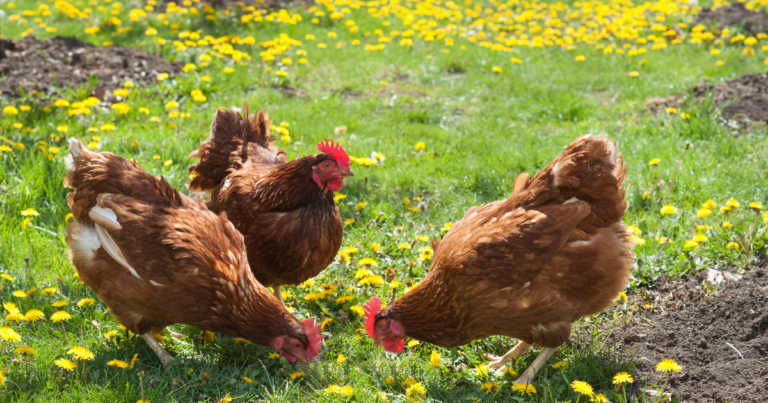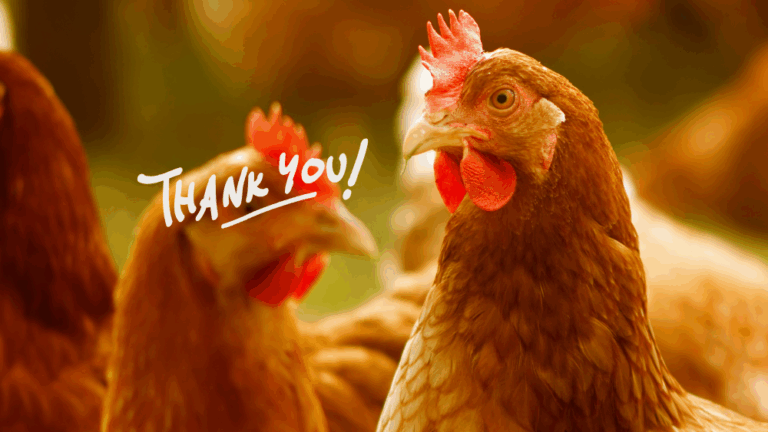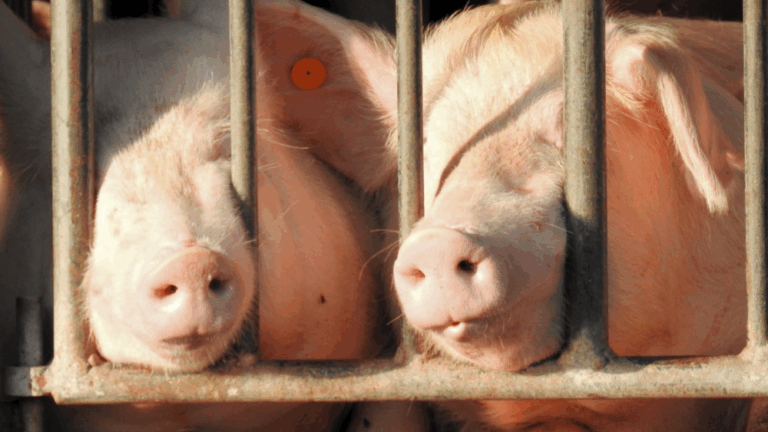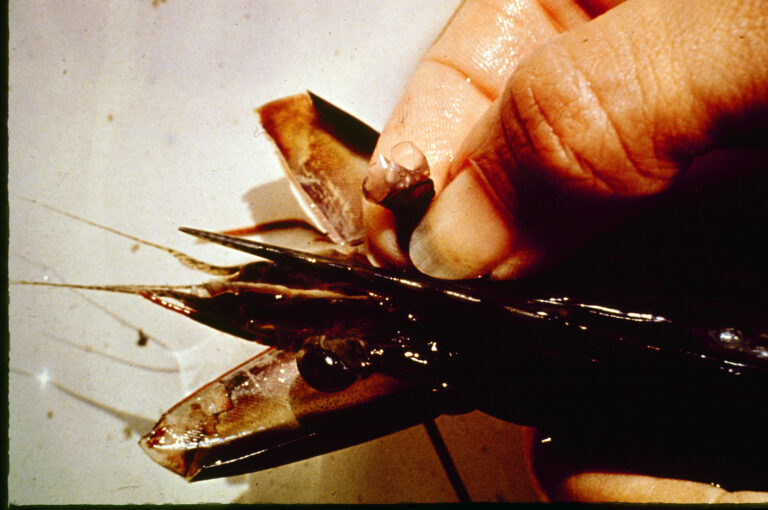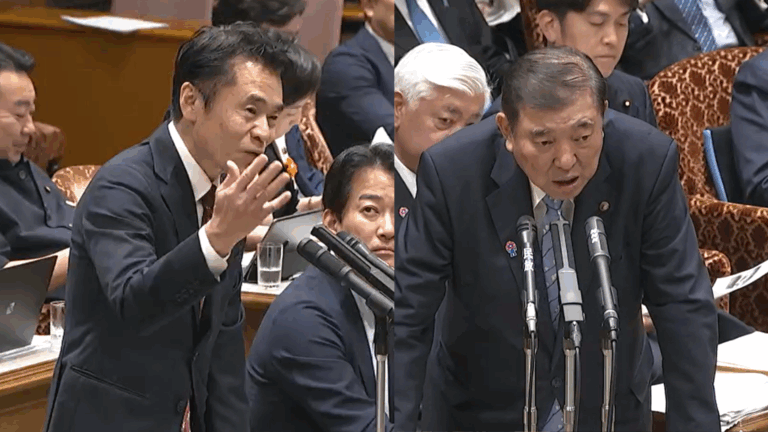On 2021/11/1, Hotel Matsumotoro, focusing on both animal welfare and the SDGs, has announced that by 2027 it will switch to 100% cage-free or free-range eggs.
As a result of discussions with the certified NPO Animal Rights Center Japan, it came to this decision.
The cage free policy is spelled out in Hotel Matsumotoro’s declaration toward achieving SDGs ( http://www.matsumotoro.com/img/sdgs.pdf ):
Indicator for 2030 on the transition to a sustainable diet:
“Switch to 100% cage-free eggs by 2027”
Also added to its priority efforts are:
“Active introduction of plant-based protein”
“Introduction of ingredients considering animal welfare”

Hotel Matsumotoro’s young proprietress Yuki Matsumoto described this cage-free initiative as follows.
“Hotel Matsumotoro aims to be ‘the best inn in Japan for employees, customers, and the environment’. Taking the opportunity of the coronavirus disaster, all employees have been focusing on SDGs activities. In the process of developing the ‘vegan’ menu as part of that, I learned the concept of ‘animal welfare’. We hope that by declaring ‘cage-free’, we will be able to motivate the transformation of egg producers as much as possible. Also, we would be honored if we could provide an opportunity for people who do not know the current situation of ‘animal welfare’ in Japan, like me a while ago, to come into contact with them through the inn.”
While many foreign-owned hotels have begun to transition to cage-free, Japanese hotels have been delayed. Matsumotoro was genuinely distressed by the current state of the animals and decided to do what the hotel could do for the chickens. In many cases, it is not possible to make such a decision due to the relationship with the poultry farm with which it has a deal, but the young proprietress, Yuki Matsumoto, has offered the suppliers the option to walk with her, and communicated Matsumotoro’s decision and gained understanding. The suppliers have time to work on cage-free rearing by 2027, and Matsumotoro wants to do something good for society. We still don’t know what choices the suppliers will make, but we hope that this will be the best example for companies, producers, and consumers to choose to create a good cycle and not give chickens the pain of being trapped in cages.
Significance of aiming for cage free
In cage-reared egg farms, the hens are tightly packed and are unable to take any of their natural and important behaviors. The average rearing area in Japan is only B5 size per bird, which is the lowest level in the world. Battery cages have been found to have a higher mortality rate than cage-free rearing, and cage-free rearing has room for improvement while battery cages do not. Switching to cage-free will dramatically improve the welfare of chickens in the supply chain. Only when there is demand can producers switch their rearing method. This announcement, which supports the gentle transition, is an important first step for both hens and Japan’s animal agriculture.
Animal welfare for livestock animals is related to the SDGs as well. In addition to Target #12 “responsible consumption and production”, it has been pointed out that there is a risk that intensive livestock farming, which has focused only on efficiency, will create new diseases. This can significantly compromise Target 3 “good health and well-being”. The concept of one health is becoming more important, but human health, animal health, and environmental health are all linked. The ability of animals to exercise, behave naturally, and maintain low stress, rather than being concentrated, is not only compassionate for animals, but also contributes to the sustainability of human society.
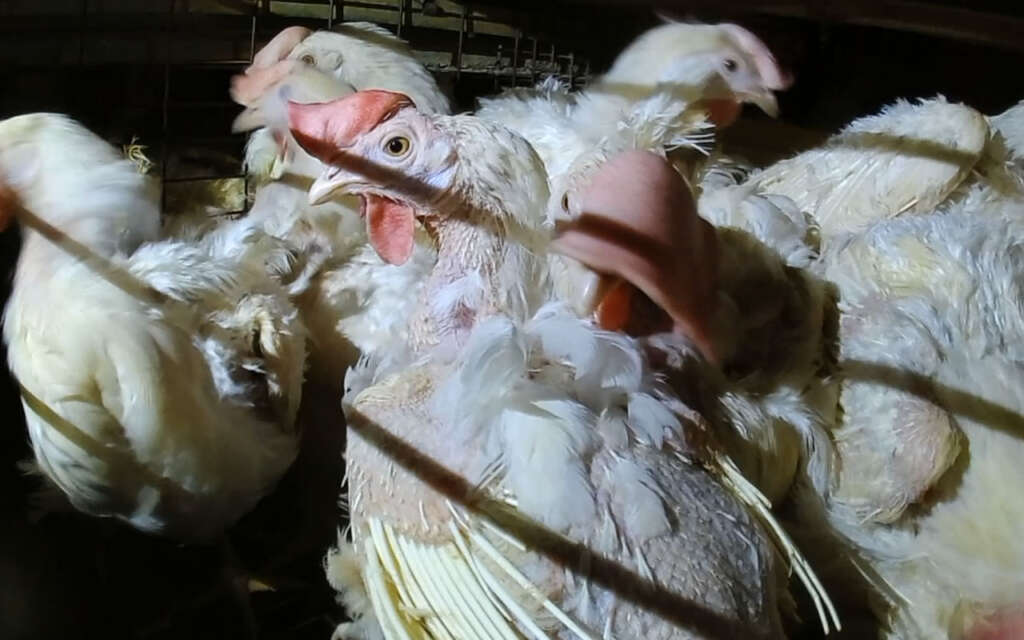
Animal welfare trends among hotels
Actually the hotel industry is one of the most cage-free forward industries. Many such as IGH Group, which owns ANA hotels and Intercontinental hotels, Hilton, Marriott, etc have committed to transition to cage free including in Japan. Not many Japanese companies yet, but several hotels have promised a transition. Hotel Matsumotoro has joined the ranks of these hotels.
Including other industries, more than 140 companies and businesses in Japan are moving away from this horrifying rearing method.
We sincerely thank Mr. Matsumotoro for making the decision to meaningfully reduce the suffering of chickens.


